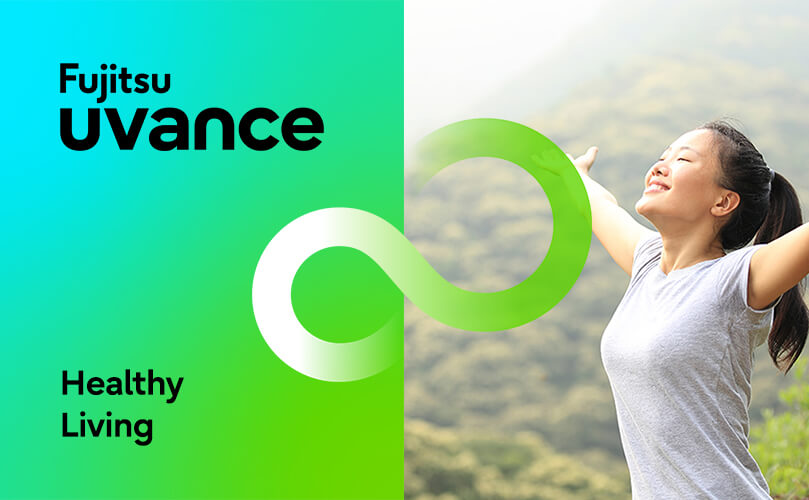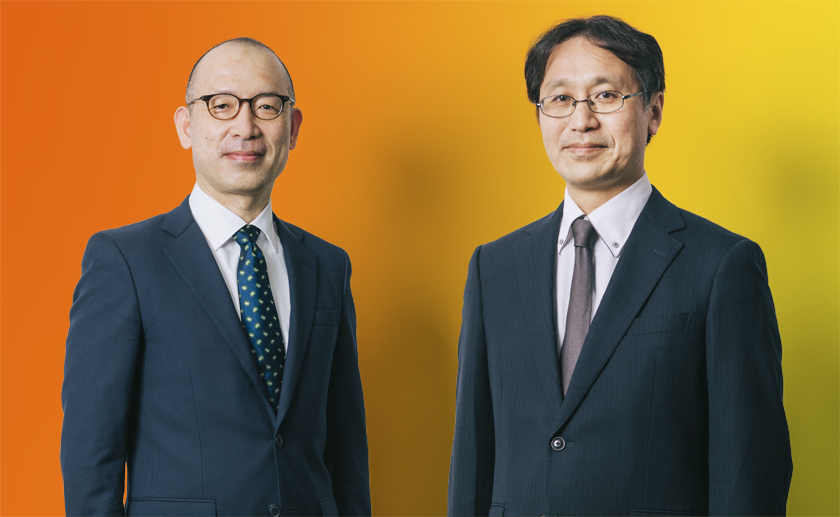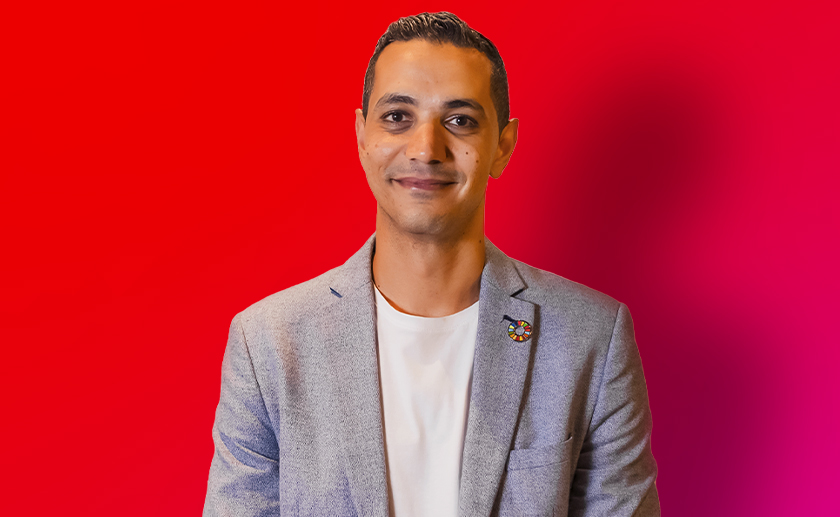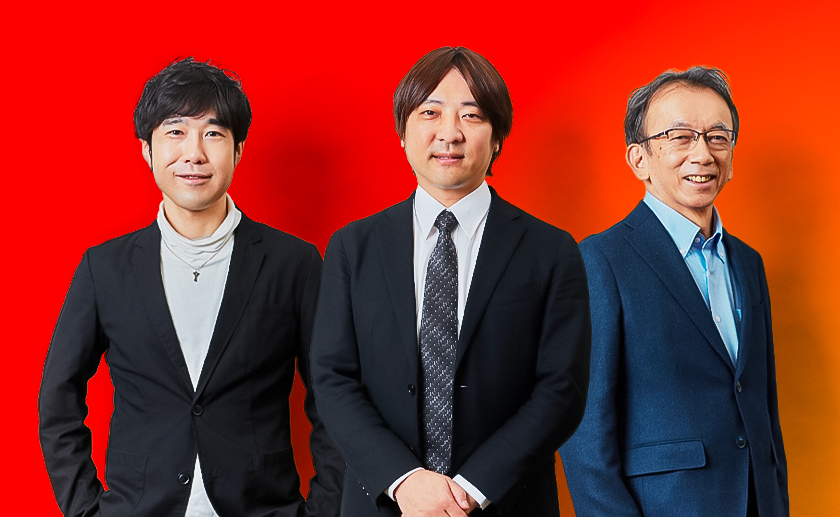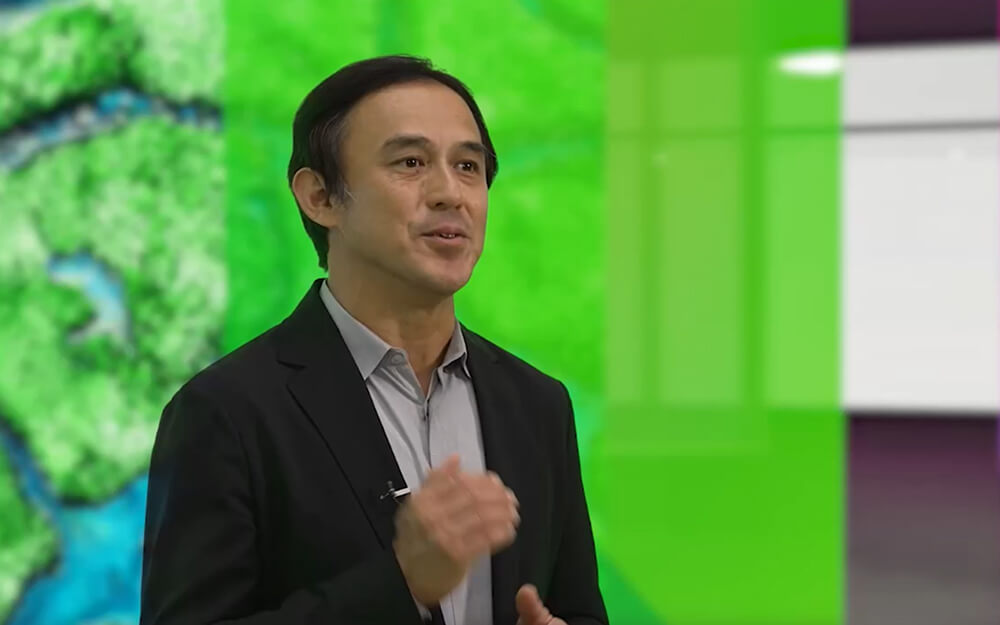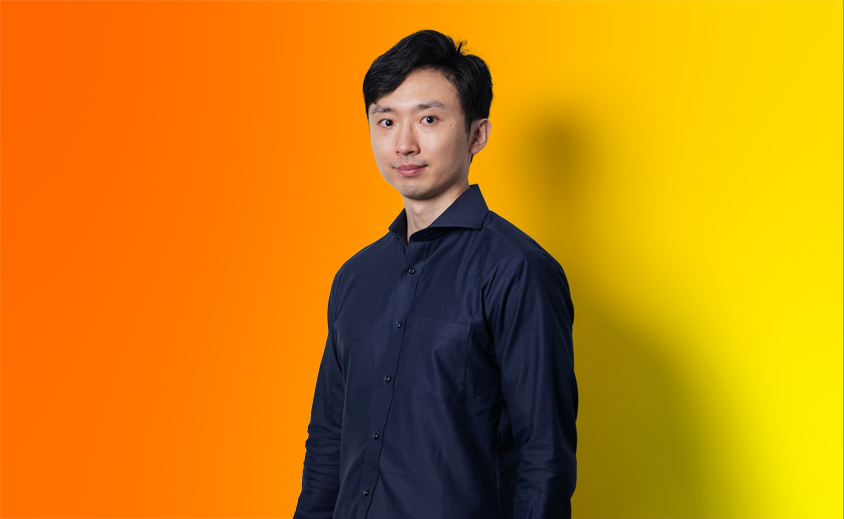Tohoku Univ., Fujitsu launch new partnership to innovate Japan’s healthcare system
Fujitsu / February 13, 2023
Fujitsu Limited and Tohoku University have launched a strategic partnership aimed at accelerating the shift from treatment to prevention in Japan’s medical system under the pressure of aging society.
Fujitsu Corporate Executive Officer Hiroyuki Tsutsumi sat down with two leaders from this prestigious university, Tohoku University President Hideo Ohno and Hospital Director Teiji Tominaga, to discuss what’s needed to create a new “Society of Wellbeing” where no one is left behind.
(From Fujitsu ActivateNow 2022 Special Session)
Fujitsu’s partnership with Tohoku University
Hiroyuki Tsusumi: In September 2022, we announced a new alliance with Tohoku University with the aim of innovating Japan’s medical system.
Our Digital Transformation technology includes an electronic health record system which has the top share in Japan. We will combine this with the university’s outstanding research capabilities and its spirit of open innovation.
This project will bring about a shift in the country’s medical and welfare services, enabling a greater focus on preventive healthcare, rather than prioritizing on treatment at hospitals.
Another goal is to support people to proactively pursue good health—and to encourage lifestyle changes whenever necessary.
Fujitsu is honored to work with Tohoku University. It has been acknowledged as Japan‘s number one university three years in a row by UK’s Times Higher Education University Ranking.
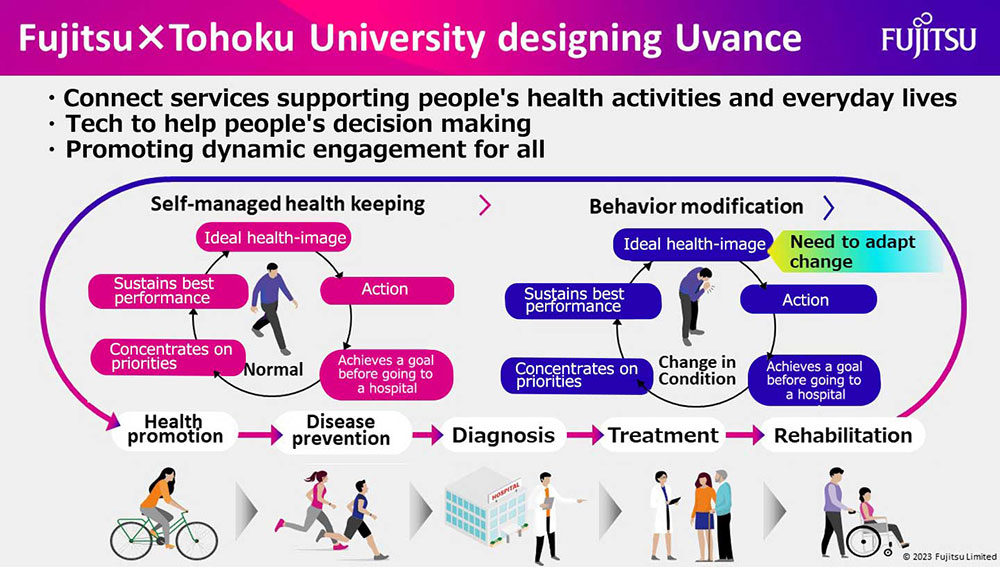
Concept image of Fujitsu and Tohoku University project
University's role: Bringing people together to make knowledge practical
Hiroyuki: As we try to grasp the issues that spur innovation for society, I’d like to ask about what issues universities are facing.
Hideo Ohno: We live in this unpredictable era—and I keenly feel the high expectations that people have for universities to create new values.
We must find solutions for issues affecting the entire globe by leading transformation in society. And of course, we must train our next generations.
I would like to share a lesson I learned from the 2011 earthquake and tsunami that devastated the country’s northeastern region.
Neither the knowledge we had developed—nor the results of our research—were immediately useful for others on their own.
We needed to take steps to make our research useful. And we needed many people to connect these steps. What I learned—and what I want people to know—is that we need their support.
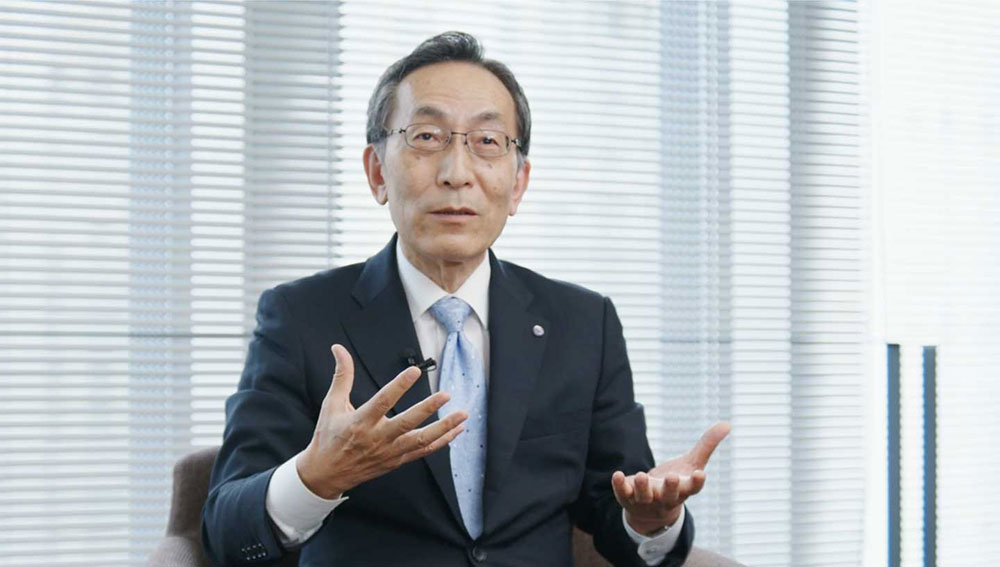
Hideo Ohno, Tohoku University President says he learned a lesson from the magnitude 9.0 earthquake and tsunami in 2011 that devasted northeastern Japan—that the university needs help from others to make good use of knowledge.
Hideo: In other words, we want to serve as a platform where people can gather. We want various stakeholders to work together at our university and pave the way toward the goal of transforming society.
To create a place where researchers can focus on innovation, Tohoku University is currently developing our “Science Park” in Sendai, Miyagi Prefecture.
It will be a park embracing research centers of the highest level, medical institutes and educational facilities. It is a place where the private sector, academia and government organizations can work together.
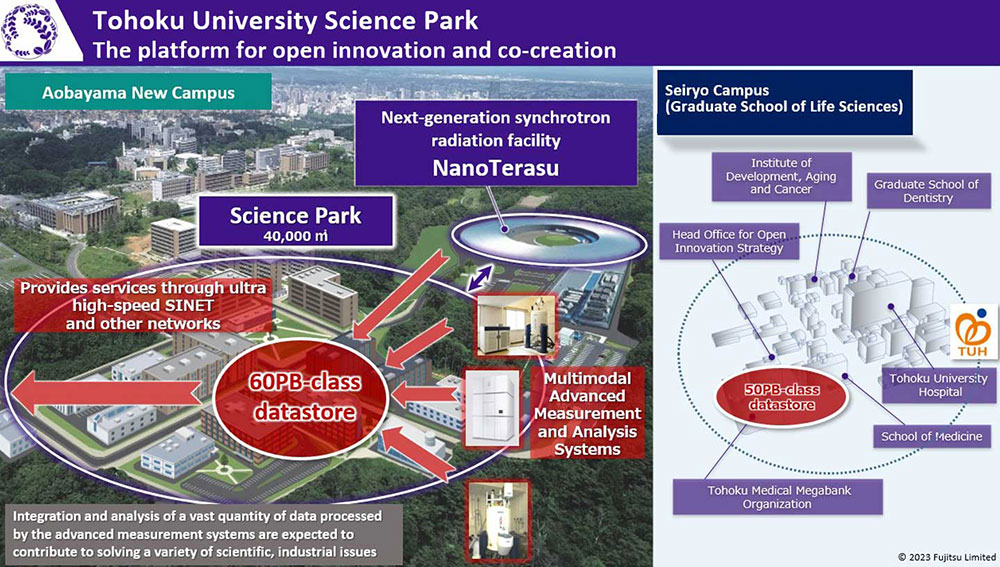
Tohoku University’s “Science Park” consists of two campuses.
A shift to “pre-” and “post-hospital” care
Hiroyuki: Teiji, as the head of Tohoku University Hospital, what are some of the urgent issues you are facing?
Teiji Tominaga: Tohoku University Hospital provides advanced medical care but that is not our only role. Since its establishment in 1817, it has served as the only university hospital in the region. Sendai, where our institute is based, is home to more than one million people. We are also responsible for patients in remote areas, where they are not enough doctors.
A major challenge in the region is the aging society and declining population. The hospital possesses the greatest medical resources in the area.
We are working towards the Japanese government’s goal of building a society in which everyone can play an active role for a longer period.
With that in mind, we have to revise the priority we previously placed on acute or advanced treatment. Instead, we need to place more focus on what we call “pre-hospital” and “post-hospital” care.
What medical professionals alone can do is very limited. So, we need to collaborate more with industry and local governments.
As Hideo just mentioned, we need to work together with many stakeholders to create a medical system that suits the times.
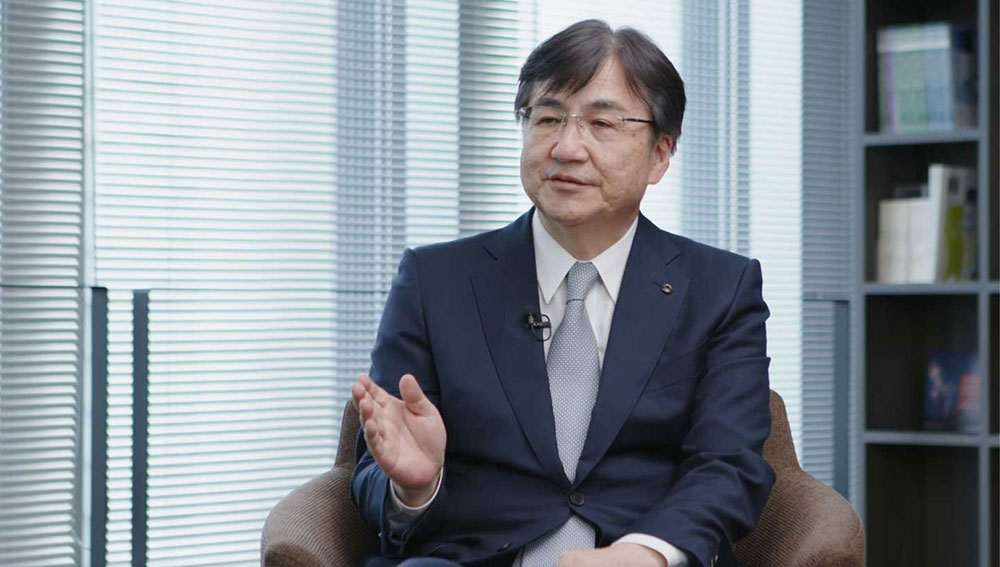
Teiji Tominaga, Tohoku University Hospital Director and Tohoku University Vice President, says the healthcare system must shift to “pre-hospital” and “post-hospital” care
Two main project concepts
Hiroyuki: Thank you. Now, I would like to share two of the main concepts behind the collaboration between Fujitsu and Tohoku University.
One: The goal of innovation is to create a society where each people can pursue his or her "ideal image of health." That is to say, a society where people live happily, making decisions willingly. We will pursue the goal by strengthening the bonds between people, or between people and things.
Two: We are rapidly creating a system based on new technology such as Electronic Medical Records (EMR) and Personal Health Records (PHR), so that both medical professionals and patients can receive services "as early as possible" and “at a minimum required level.”
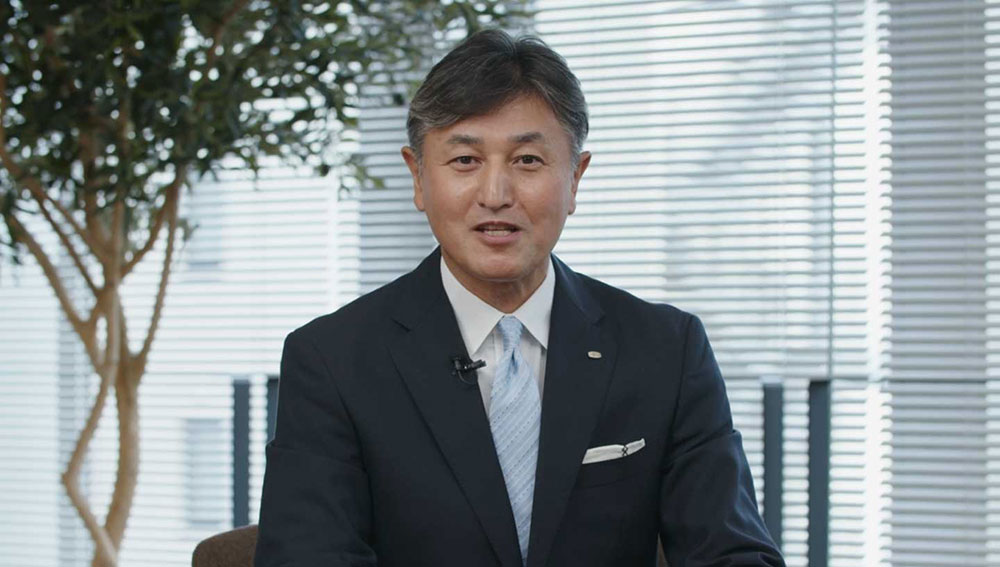
Hiroyuki Tsutsumi, Corporate Executive Officer, SEVP, CEO Japan Region, Fujitsu
Tohoku University Hospital’s Design Thinking team collaborates with private sectors
Teiji: I believe that up until now, medical care has been just about seeing a doctor. In the next era, each of us should be thinking about the ideal state of our health and how to proactively manage good health using various tools.
We’d like to introduce our team in charge of industry-university collaboration. Its sixteen members have introduced Design Thinking methods for solving issues. The team have invited private companies into our hospital to jointly explore answers through clinical observations and brainstorming sessions.
We believe such collaborative efforts can lead to breakthroughs. We’ve already seen our staff forging a new culture: working with the private sector to create new things and solving problems together. They have also cultivated a culture of having professionals in other fields examine their efforts and solicit advice for improvement.
Many of our interns and business liaison staff are trained in Design Thinking. I believe they will contribute to creating the society envisioned by Fujitsu Uvance.
Hideo: Let me explain a little more about Design Thinking (*1), because it is the way of thinking that we want to promote throughout the university. Social change cannot be achieved only with researchers or companies, or tech alone. We have to cover the whole community using data. Industry, academia and various stakeholders should join hands to achieve that.
(*1) Design Thinking: A method of thinking for solving complex problems involving five phases.
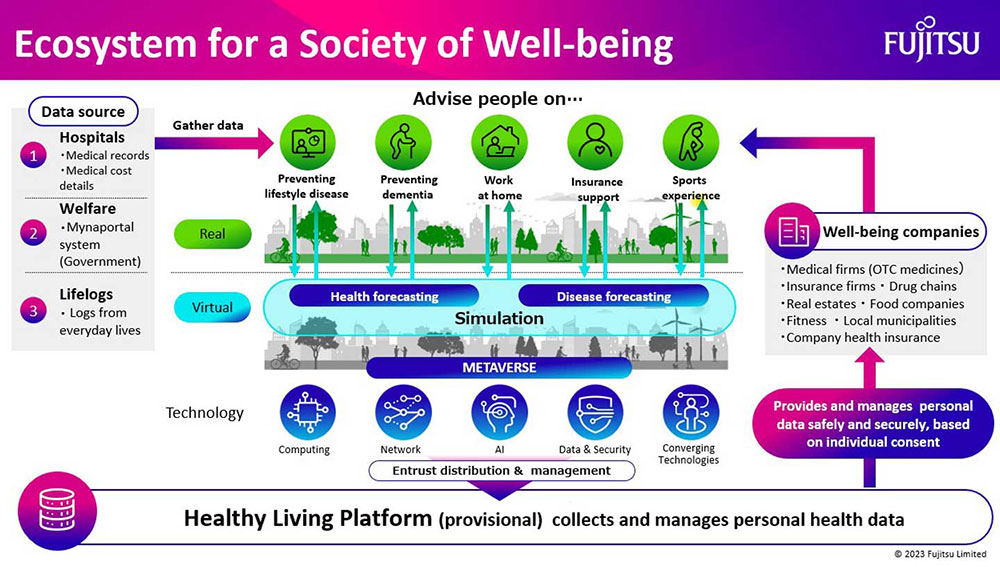
Concept of a healthcare cycle of Fujitsu and Tohoku University project
Innovation starting with Japan’s healthcare and beyond
Hiroyuki: Before we go, could you share some words about your expectations for Fujitsu?
Teiji: Tohoku University welcomes this initiative with Fujitsu and we are looking forward to seeing the fruits of our efforts. We also hope that many medical workers and local government officials will join this project and try new services.
Hideo: Healthcare needs both human empathy and high-level technology. We are taking a big step forward through this collaboration. We hope to build a prosperous society by working together with Fujitsu and others.
Hiroyuki: Thank you. Fujitsu is striving to move forward for a more sustainable world through “Fujitsu Uvance,” and “Healthy Living” is one of our top priorities.
The partnership will help advance “Fujitsu Uvance” initiatives—and expand innovation beyond borders. I’m excited to start with healthcare and I look forward to sharing our progress and achievements in a timely manner.
Learn how maximizing life experiences unleashes everyone's potential
Healthy Living
Fujitsu introduced a key focus area called ‘Healthy Living’ as a part of its business brand, Fujitsu Uvance.
We will create a world that enriches the life experience of everyone and continues to expand their potential.
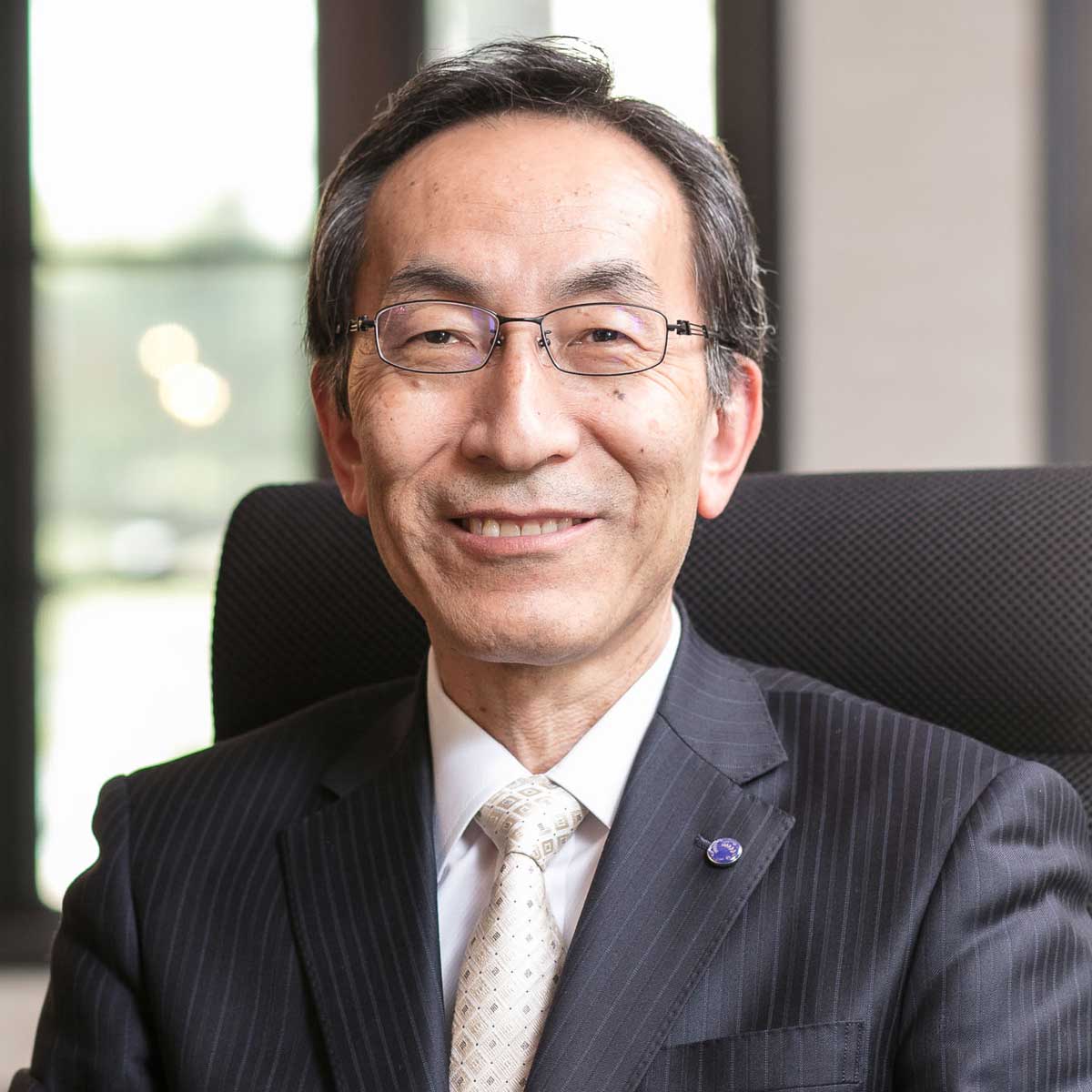
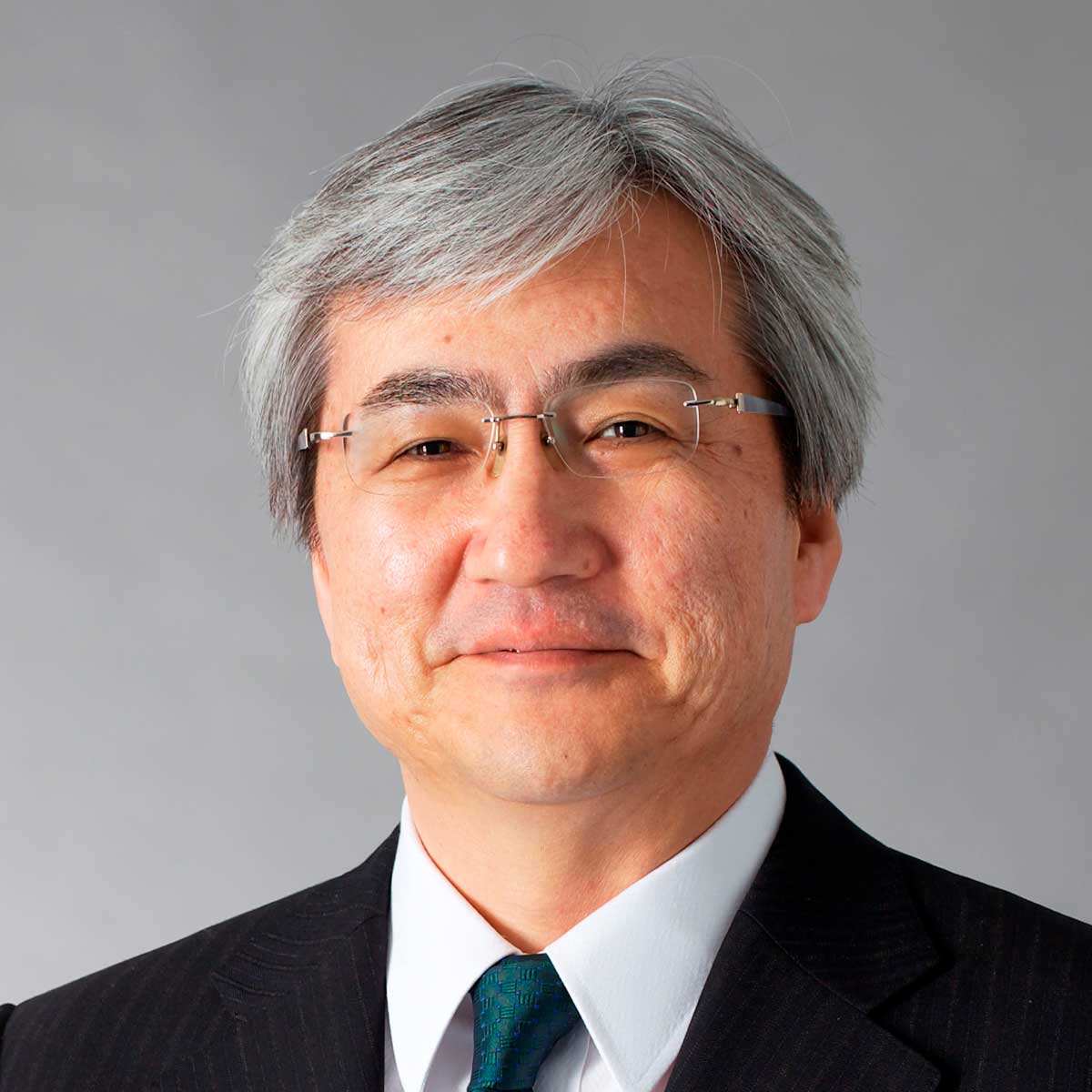
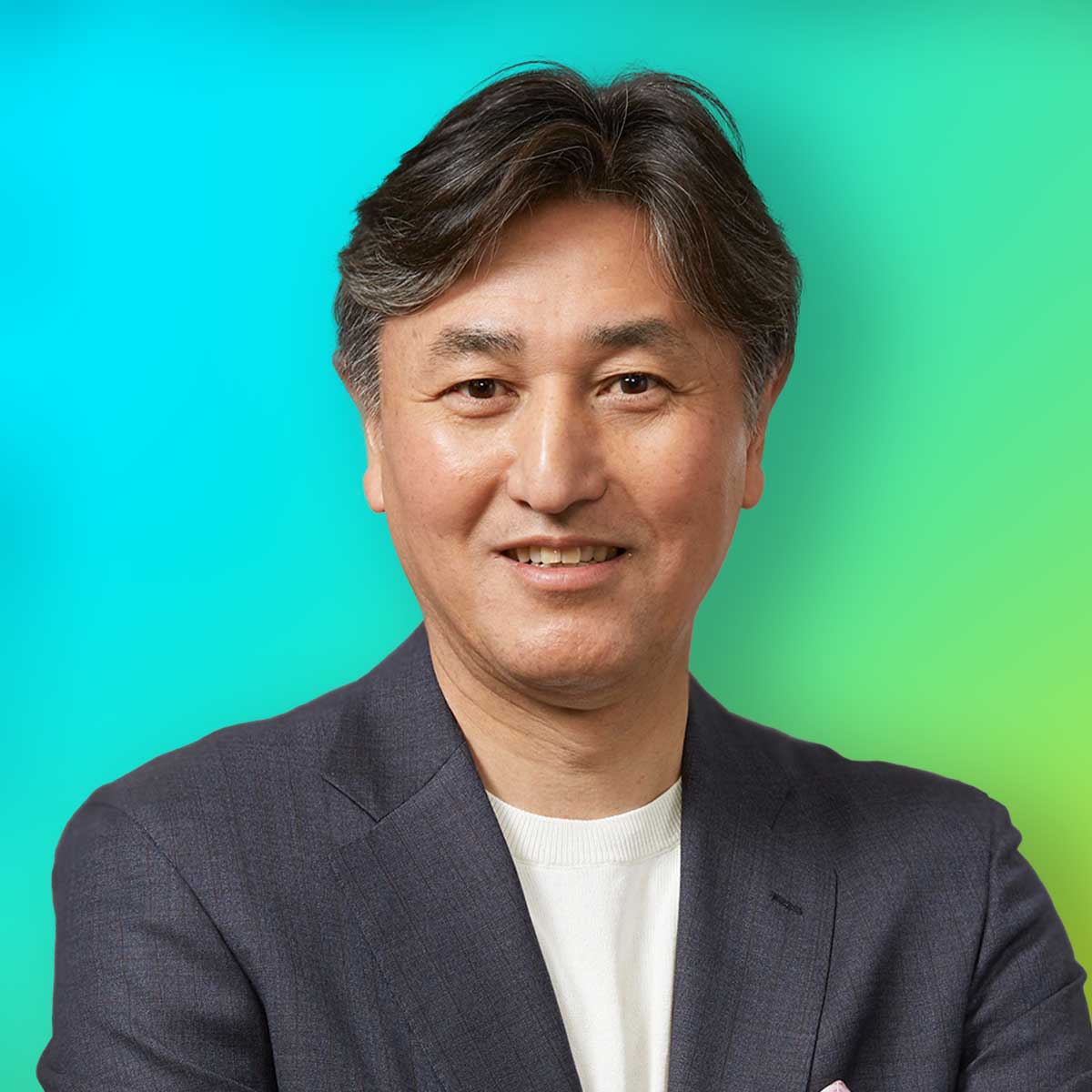
Editor's Picks




